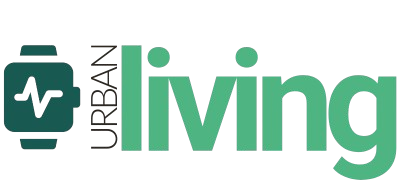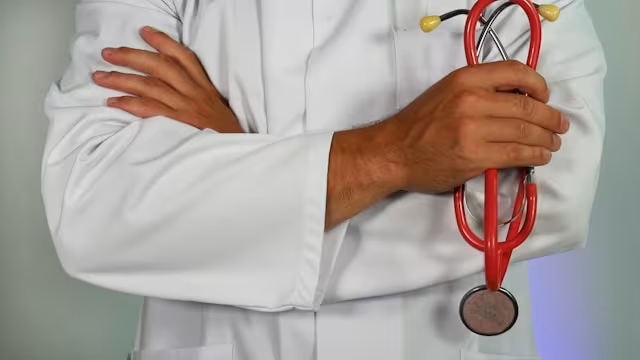Understanding Health Screening
Health screening is a proactive approach to healthcare that involves conducting various tests to identify diseases or medical conditions in individuals who show no obvious symptoms.
The primary purpose is early detection, which enables timely intervention and significantly improves treatment outcomes.
In Singapore, health screening is considered an essential component of preventive healthcare, helping individuals maintain optimal health through regular monitoring and assessment.
These screenings typically consist of comprehensive physical examinations, laboratory tests, and specialized procedures that evaluate different aspects of your health.
By identifying potential health issues before they manifest as symptoms, health screening allows for earlier treatment, better management, and often less invasive interventions.
Importance of Regular Health Screening
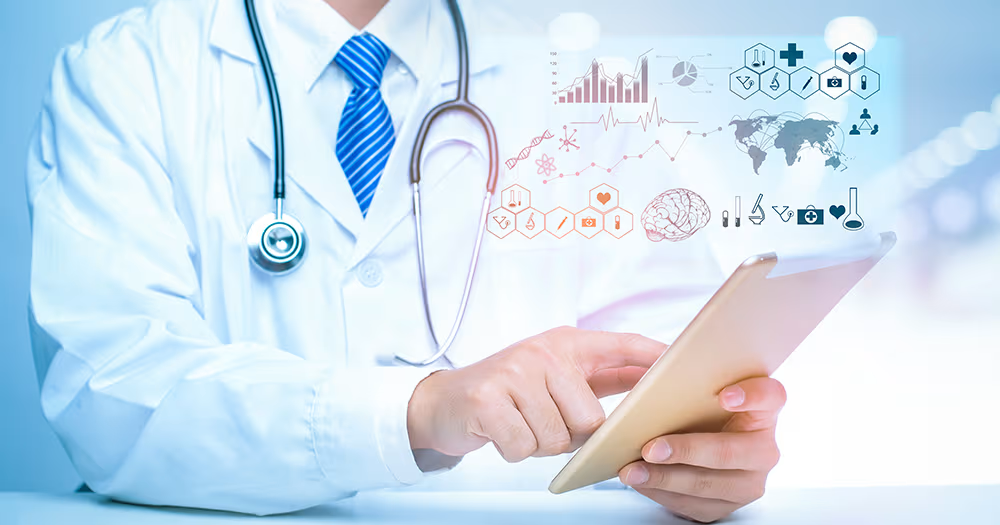
Regular health screening offers numerous benefits that extend beyond simply detecting diseases:
Early Detection and Intervention: Identifying health conditions in their initial stages allows for more effective treatment options and improved outcomes.
Many serious conditions, when caught early, can be managed more successfully with less aggressive interventions.
Prevention of Disease Progression: Regular screenings can detect pre-disease states, such as pre-diabetes or early signs of high blood pressure, enabling lifestyle modifications that may prevent or delay the onset of full-blown conditions.
Identification of Risk Factors: Health screenings help identify individual risk factors that might predispose you to certain diseases, allowing for personalized preventive strategies.
Healthcare Cost Reduction: By detecting diseases early, health screening can potentially reduce the long-term costs associated with treating advanced conditions that require extensive medical interventions.
Peace of Mind: Regular check-ups provide reassurance about your health status, reducing anxiety and promoting overall well-being.
You might like: Non-Invasive Body Contouring Treatments in Singapore
Recommended Frequency for Health Screening
In Singapore, health experts recommend undergoing health screening once every 1 to 3 years, depending on various factors including:
- Age (screening frequency typically increases with age)
- Personal medical history
- Family health history
- Existing health conditions
- Individual risk factors
For individuals with higher risk factors or specific health concerns, more frequent screenings may be advised to ensure timely detection and management of potential issues.
You might be interested: Non-Surgical Fat Reduction: Treatments, Benefits, and Risks
Common Health Screening Tests in Singapore
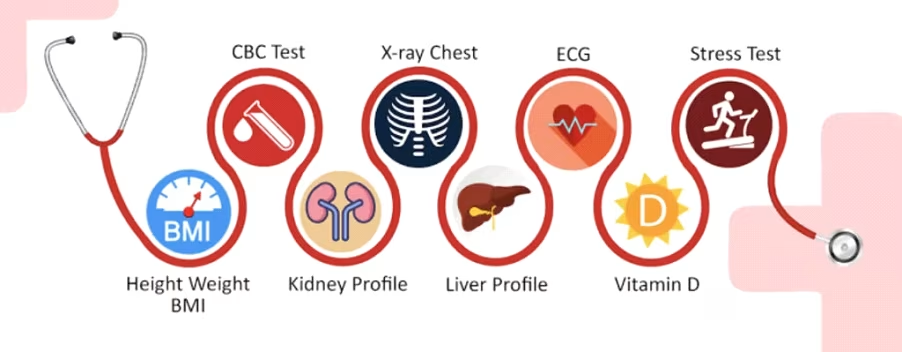
Health screening packages in Singapore typically include a variety of tests designed to evaluate different aspects of your health:
Basic Health Screening Components:
- Body Mass Index (BMI) measurement
- Blood pressure check
- Blood glucose test (for diabetes screening)
- Cholesterol profile (total cholesterol, HDL, LDL, triglycerides)
- Liver function tests
- Kidney function tests
You might be interested: The Ultimate Guide to Losing Weight in Singapore
Additional Tests Based on Age, Gender, and Risk Factors:
- Treadmill stress test (for cardiovascular health)
- Thyroid function tests
- Chest X-rays
- Abdominal ultrasound
- Mammogram (for women, especially those over 40)
- Pap smear (for women who are sexually active)
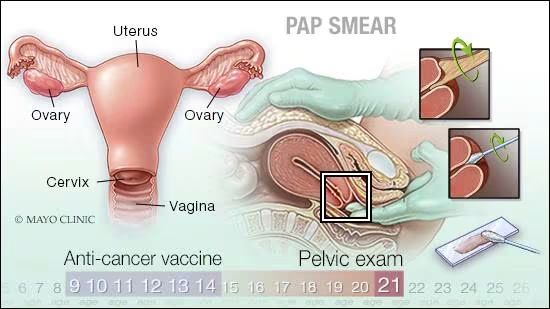
- Prostate-specific antigen (PSA) test (for men, especially those over 50)
- Bone density scan (particularly for post-menopausal women)
Related article: Acid Reflux and GERD in Singapore: Causes, Symptoms, and Treatments
Preparing for Your Health Screening Appointment
Fasting Requirements
For most standard health screenings in Singapore, fasting is not strictly required. This is because:
- Research indicates no significant differences in cholesterol levels with or without fasting
- Diabetes screening is typically done using the HbA1c method, which doesn’t require fasting
However, there are specific exceptions:
- If you’re scheduled for an abdominal ultrasound, fasting for 8-10 hours is necessary
- If you’re getting a liver ultrasound, fasting is required
- If you have known high cholesterol or are on cholesterol medications, fasting for 8-12 hours before the test is advisable for more accurate results
If you opt for a fasting health screening:
- Fast for 8-10 hours prior to your appointment
- Drink only plain water during the fasting period
- Continue taking routine heart/blood pressure medications as usual
- For diabetic patients, avoid taking diabetic medications on the morning of your appointment
You maybe interested: Functional Dyspepsia Treatment in Singapore (2025)
Before Your Screening
- Complete any health history questionnaires sent to you before your appointment
- Gather previous medical records, doctor’s memos, or test results if available
- Bring current medications list or the actual medications
- For ladies, try to schedule your appointment 10-14 days after the start of your last menstrual period for more accurate results
- For tests involving sample collection (urine, stool), you may receive containers in advance or on the day of screening
What to Bring
- Identification documents (NRIC/Passport/Employment Pass/S Pass/Work Permit)
- Staff pass (for corporate clients)
- Previous medical records (doctor’s memos, X-ray films, ECG reports)
- Sportswear if a Treadmill Stress Test is scheduled
- Glasses for vision tests (avoid wearing contact lenses)
Special Considerations for Women
If you’re menstruating on the day of your appointment:
- Inform the staff about your menstrual period
- Be aware that menstruation may affect certain test results, particularly the CA125 tumor marker test
- Ideally, reschedule pap smear, urine, and stool tests to at least 5 days before or after your menstrual cycle for more accurate results
You might consider reading: Irritable Bowel Syndrome (IBS): Causes, Symptoms and Treatment in Singapore
What to Expect During Your Health Screening
Duration
The duration of a health screening depends on the package selected:
- Basic screenings typically take between 30-60 minutes
- Comprehensive packages may require 2-3 hours or more
- You may need to visit several locations for different tests depending on the facility
The Screening Process
- Registration and Administration: Upon arrival, you’ll complete registration formalities and any remaining questionnaires.
- Initial Assessment: Healthcare professionals will record your vital signs, height, weight, and BMI.
- Sample Collection: Blood samples, urine samples, and other specimens will be collected as required by your screening package.
- Physical Examination: A physician will conduct a thorough physical examination.
- Specialized Tests: Depending on your package, you might undergo additional tests such as X-rays, ultrasounds, ECG, treadmill tests, etc.
- Post-Screening Consultation: Before leaving, arrangements will be made for a follow-up appointment to discuss your results.
After Your Health Screening
Results and Follow-up
- Most health screening facilities in Singapore provide results within 5-7 working days.
- A follow-up appointment will be scheduled (typically within 2 weeks of your screening) for a comprehensive review of your results.
- During this review, your doctor will:
- Discuss your results in detail
- Explain any abnormal findings
- Provide personalized health recommendations
- Suggest lifestyle modifications if necessary
- Recommend further tests or specialist referrals if required
- Some facilities provide access to your results through mobile apps before your follow-up appointment.
Understanding Your Results
Health screening reports typically categorize results as:
- Normal/Within reference range
- Borderline/Requiring monitoring
- Abnormal/Requiring further investigation or intervention
Remember that abnormal results don’t necessarily indicate serious health issues—they often simply highlight areas that need closer attention or monitoring.
Health Screening Packages in Singapore
Health screening centers in Singapore offer various packages tailored to different needs and age groups.
These packages can be customized based on individual risk factors and requirements, with guidance from healthcare professionals.
Common package categories include:
- Basic Health Screening: Covers essential health parameters and is suitable for younger adults with no specific health concerns.
- Comprehensive Health Screening: Includes a wider range of tests for a more thorough assessment, often recommended for middle-aged adults.
- Executive Health Screening: Premium packages with extensive tests and specialized screenings, typically designed for older adults or those with specific risk factors.
- Gender-Specific Screenings: Tailored packages addressing health concerns specific to men or women.
- Specialized Screenings: Focused on specific health aspects like cardiovascular health, diabetes risk assessment, or cancer screening.
This might be helpful: Comprehensive Guide to Colonoscopy in Singapore
FAQ Section
What is health screening and why is it important?
Health screening involves a series of tests designed to detect diseases or conditions in individuals showing no symptoms.
It’s important because early detection leads to better treatment outcomes, reduces healthcare costs in the long run, and helps identify risk factors before they develop into serious conditions.
Regular screenings can detect pre-disease states like pre-diabetes, allowing for lifestyle modifications that may prevent or delay disease onset.
How often should I undergo health screening?
The recommended frequency for health screening in Singapore is once every 1 to 3 years, depending on your age, health history, and risk factors.
Younger adults with no significant health concerns might screen once every 3 years, while those over 40 or with risk factors might benefit from annual screenings.
Always consult with your healthcare provider for personalized recommendations.
What tests are typically included in a basic health screening package?
A basic health screening package in Singapore usually includes BMI measurement, blood pressure check, blood tests for sugar and cholesterol levels, liver and kidney function tests, and urine analysis.
Depending on the package, additional tests may include chest X-rays, ECG, and basic physical examinations.
More comprehensive packages might include specialized tests based on age, gender, and risk factors.
Do I need to fast before my health screening?
For most standard health screenings in Singapore, fasting is not strictly required as diabetes is tested using the HbA1c method and research indicates no significant differences in cholesterol levels with or without fasting.
However, fasting is necessary for abdominal or liver ultrasounds and may be recommended if you have known high cholesterol.
If advised to fast, you should avoid food for 8-10 hours before the appointment, drinking only plain water.
How long does a health screening take?
The duration varies depending on the selected package. Basic screenings typically take 30-60 minutes, while comprehensive packages may require 2-3 hours or more.
Factor in additional time for registration, waiting periods between tests, and the possibility of visiting different locations for specialized tests.
What should I do if I’m menstruating on the day of my health screening?
If you’re menstruating, inform the healthcare staff. While you can proceed with most tests, menstruation may affect certain results, particularly the CA125 tumor marker test and may cause the presence of blood in urine or stool samples.
Ideally, reschedule pap smear, urine, and stool tests to at least 5 days before or after your menstrual cycle for more accurate results.
For optimal results, try to schedule your appointment 10-14 days after the start of your last period.
How soon will I receive my health screening results?
Most healthcare facilities in Singapore provide health screening results within 5-7 working days.
A follow-up appointment is typically scheduled within 2 weeks of your screening for a comprehensive review of your results with a physician.
Some facilities offer access to preliminary results through mobile apps before your follow-up appointment.
What should I bring to my health screening appointment?
You should bring identification documents (NRIC/Passport/Work Permit), any previous medical records or reports, a list of current medications, sportswear if a treadmill test is scheduled, and glasses instead of contact lenses for vision tests.
Corporate clients should also bring their staff pass. If you’ve been provided with sample collection containers in advance, bring those with samples as instructed.
Can I customize my health screening package?
Yes, most healthcare providers in Singapore allow customization of health screening packages based on individual needs and risk factors.
Consult with your healthcare provider who can recommend additional tests based on your age, gender, family history, and personal health concerns.
This personalized approach ensures your screening addresses your specific health priorities.
What happens if my screening results show abnormalities?
If your results indicate abnormalities, your physician will discuss these findings during your follow-up appointment.
Depending on the nature and severity of the abnormalities, they may recommend lifestyle modifications, medication, additional tests for further investigation, or referral to specialists.
Remember that abnormal results don’t necessarily indicate serious health issues—they often simply highlight areas that need closer attention or monitoring.
Are women’s health screenings different from men’s?
Yes, women’s health screenings often include additional gender-specific tests such as mammograms for breast cancer screening (recommended annually for women over 40), pap smears for cervical cancer detection (recommended for women who have had sexual intercourse), and pelvic examinations.
Men’s screenings might include prostate-specific antigen (PSA) tests for prostate cancer screening, particularly for men over 50. These gender-specific components complement the standard tests included in all health screenings.
What preventive measures can I take based on my health screening results?
Based on your results, you might be advised to make dietary adjustments, increase physical activity, manage stress more effectively, quit smoking, reduce alcohol consumption, or adhere to medication regimens.
Your physician might also recommend regular monitoring of specific health parameters, particularly if borderline results were detected.
Following these preventive measures can significantly reduce your risk of developing serious health conditions in the future.
Conclusion
Health screening is a vital component of preventive healthcare in Singapore, offering a proactive approach to maintaining well-being and detecting potential health issues before they become serious concerns.
By understanding what health screening entails, preparing appropriately for your appointment, and following through with recommended follow-up actions, you can take significant steps toward safeguarding your long-term health.
Remember that health screening is not just about detecting diseases—it’s about empowering yourself with knowledge about your health status and taking informed actions to preserve and enhance your quality of life.
Consider health screening as an investment in your future well-being, providing you with the information and guidance needed to make healthier lifestyle choices.
Consult with healthcare professionals to determine the most appropriate screening schedule and package for your specific needs, ensuring that you receive personalized care tailored to your unique health profile.
